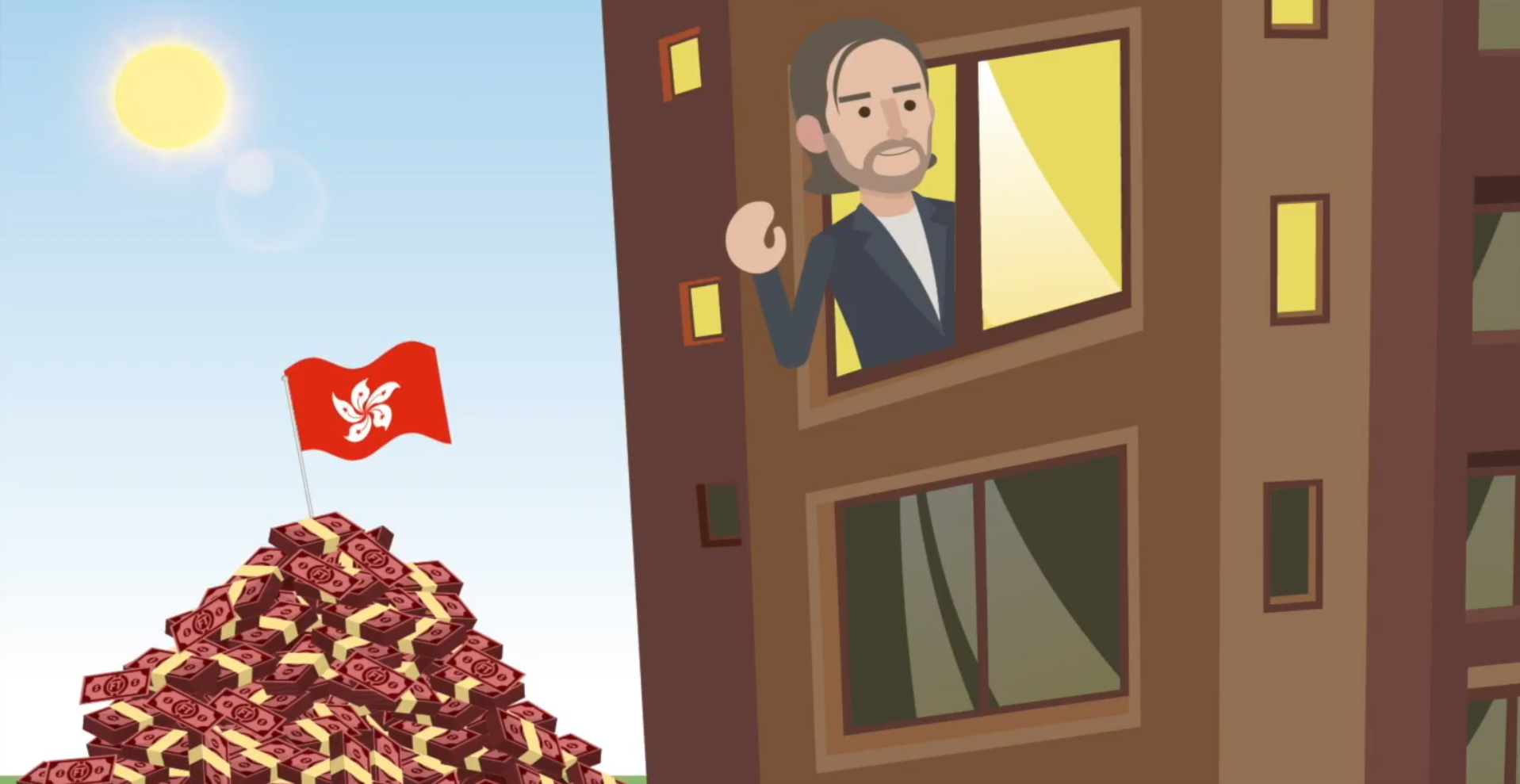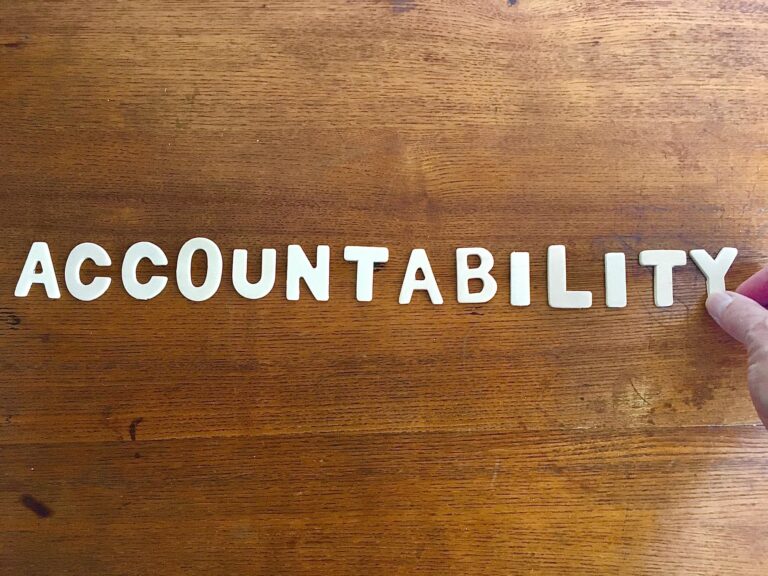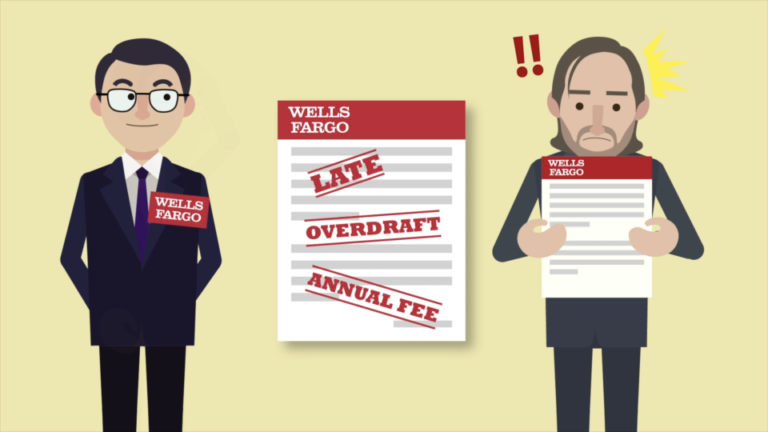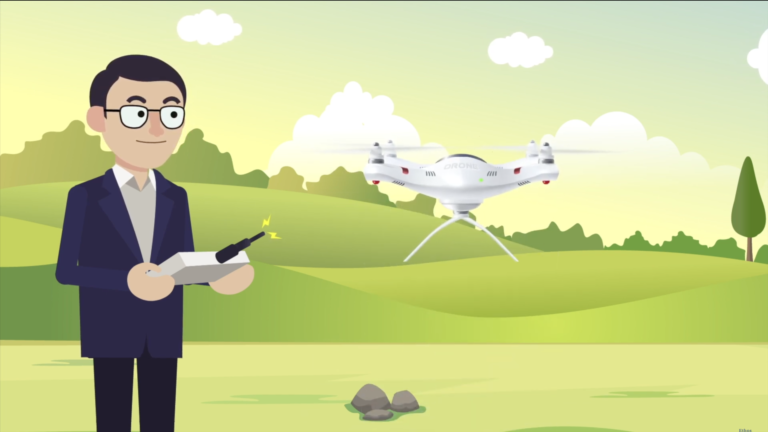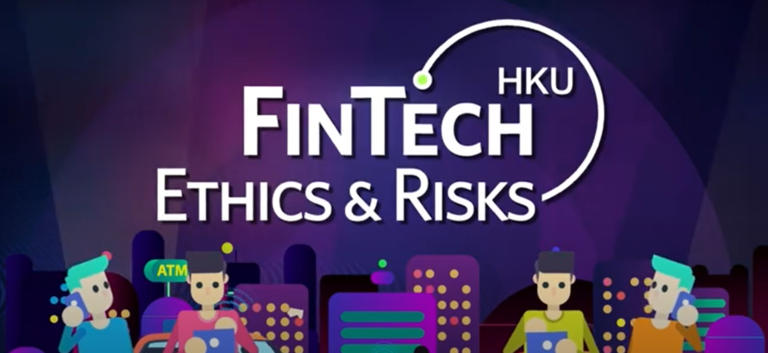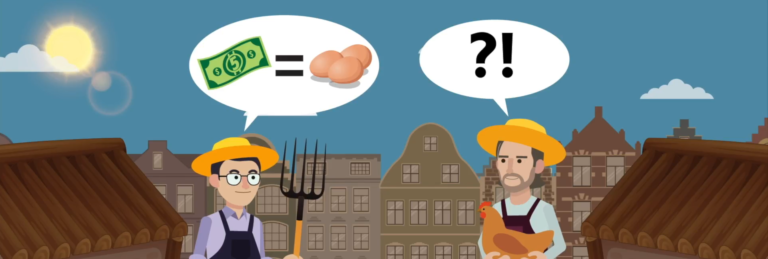Transcript
A few weeks ago while David Bishop was walking his 7-year-old daughter Lola to school, she asked him a question that caught him completely off guard. She looked up to him as they were walking hand-in-hand and said: “Daddy, what is money?”
He was confused by the question, and started mumbling something about bartering, and working and that we use money to represent value. But no matter what he said, she just kept repeating “That doesn’t make any sense, that doesn’t make any sense. Money is just paper and is not worth anything.”
Well, what he failed to explain to her 7-year-old mind is a key lesson of finance upon which much of society is built: that the value of money is a social construct built on trust.
Let’s look at this another way: close your eyes and imagine you were just given a million dollars. And, close your eyes – just trust me for a minute. Now, picture it. Try to think about what you could buy for a million dollars.
But wait a minute – I didn’t tell you the currency of the million dollars. Think about how different that consideration would be if the currency was US dollars versus Hong Kong dollars or some other type of dollar. As you probably know, the value of money fluctuates based on the relative value of the currency. This calculation also changes depending on the time: so a currency may be more or less valuable today than it was yesterday. This has been starkly evident when observing the massive fluctuations of cryptocurrencies like Bitcoin over the past few years.
Okay, one last consideration: close your eyes again and envision what you can buy with 1 million USD. Try to picture it. You could buy a nice home, a fancy sports car, or finance a trip around the world several times over. Now, picture that pile of cash and what it would look like. Maybe even consider throwing it out over a bed and just rolling around in it for a while.
Now imagine you are stuck on a deserted island. You are starving, thirsty, maybe scared. You have that same pile of money – but what can it buy you now? Are you going to be able to negotiate with the apes for some of their bananas with that money? In that context, the dollars might be more valuable as kindling to help you start a fire!
Now imagine if a small boat pulled up to the island with the ability to rescue you, but the price of your rescue was the entire one million dollars. Would you pay it?
Okay, so what’s the point? We share these stories because before we get too far in this book, we need you to understand a couple of things.
The first thing is that value is subjective. And when we say value, we are referring to both material value – which is the value that we ascribe to goods and services – but also the value that we place on morality and personal connections.
The second thing that we need you to understand is that the very concept of money is largely a social construct, something we have invented as a medium of exchange and to which we have prescribed a specific value.
As Bishop’s daughter Lola noticed at 7 years old, in a vacuum, money by itself isn’t really worth anything. And when stuck alone on an island, your banknotes carry little value.
So if currency by itself is essentially without value, then why is it so important and coveted so highly? To understand that, we have to go back a few centuries.
Discussion Questions
- What would you do with US$1 million?
- Would you want to buy a house, a fancy sports car, travel around the world or something else?

